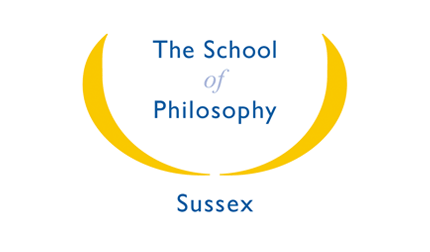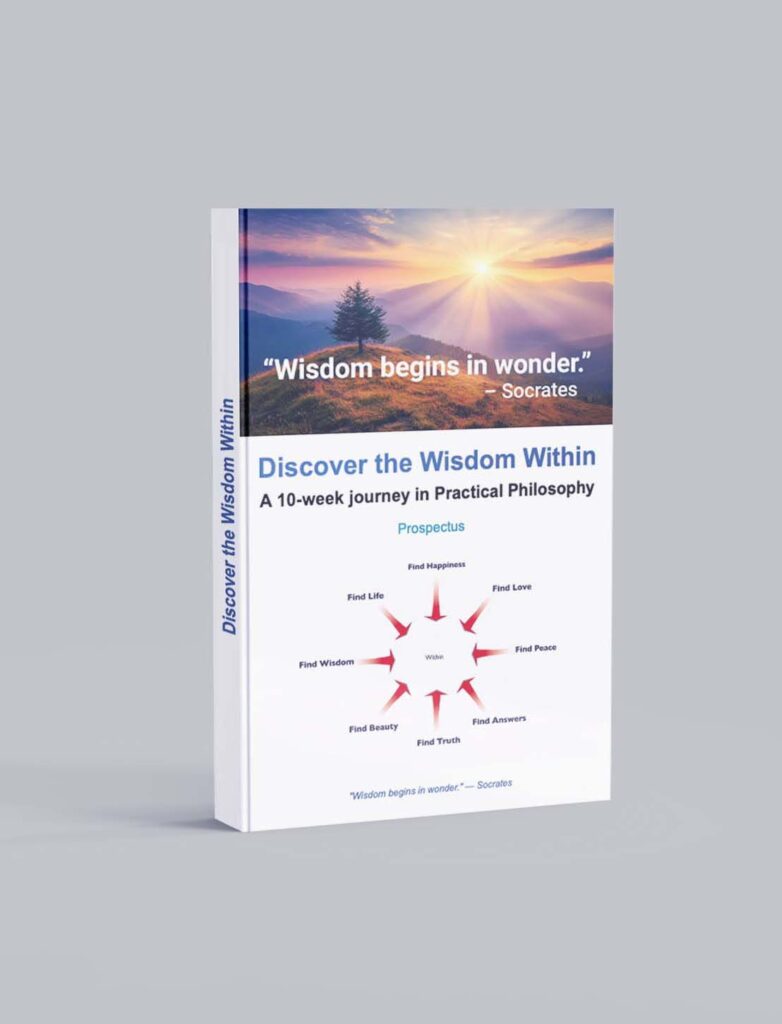Frequently Asked Questions
FAQs
Here are some of our most frequently asked questions. If you have further questions feel free to get in touch to ask. We’re always happy to help.
A tutor presents material, and leads a discussion based on what arises. Being practical rather than academic, the emphasis is on personal knowledge. Students are encouraged neither to accept nor reject the ideas put forward, but to test them in practice for themselves, in the light of their own experience.
In this way, for those who wish, the whole week between classes can become a learning opportunity.
As the course continues, the most vivid and valuable part of the evening meetings is often sharing what has been seen in daily life between individual sessions.
No. The course is intended for everyone, regardless of education, occupation, race, political or religious belief.
The course is practical in the sense that it is designed to be of direct use in our everyday lives. The intention is to stimulate enquiry and through this expand the way we look at the world and ourselves, conferring happiness and freedom.
Just an open and enquiring mind, and an interest in the subject matter. At the end of each evening a handout with key points and any quotations used is provided.
Throughout the course, great emphasis is placed on the importance of being in the present moment. Exercises and practices are provided to encourage this connection. These increase the value of each weekly session. More generally, they deepen and enrich awareness of the vibrancy of the world around us in our daily lives.
There is much focus on the direct experience of stillness as the underlying basis for clear observation and connection with oneself. However, the practice of mantra meditation as such does not form part of the course. Meditation is introduced a few terms later for those who wish it. Over time it becomes an increasingly central practice. Further information is available on the School’s main website.
Our philosophy tutors have all been studying in the School for some time. All have considerable experience of applying the lessons of philosophy to their everyday lives. They come from all walks of life and many different professions, but all share the same love of passing on knowledge in order that people can get the most out of their lives. None are paid for being a tutor.
This is not an academic course. There are no exams.
Currently we offer a free Introductory Evening prior to the beginning of each term to help people decide whether the course contains what they are looking for.
The course is not religious, but it does address the spirit in humanity. It is designed to be suitable for people of all faiths – and those who follow no particular faith.
Yes, for those who wish it. Some people find that the introductory course, which are intended to be of real value in their own right, satisfies their interest. Others want to continue their studies. The School caters for this, offering additional courses and the chance to penetrate further these great questions of life. This can last for another term, another year, or longer. However long or short a time people may wish to study in the School, the hope is that everyone will find something of true and lasting value.
The basic format of a group discussion remains unchanged.
In terms of content, the next few terms examine the subjects which were initially broadly covered in more detail, exploring further ways to make the study practical.
After that, the study increasingly turns to deeper understanding of the philosophy of Advaita. This can go on for as long as the individual wishes. Each term has the capacity to add something of real value to those whose interest persists.
Advaita is the clearest and most systematic expression we have found of the common philosophy that lies at the heart of many of the world’s great religions and philosophies. Literally meaning ‘one without a second’, it is a universal philosophy of great breadth. Its most central tenet is everyone and everything are in essence the expression of one consciousness.
A true appreciation of Advaita allows life to be led more fully and richly, conferring greater freedom on the individual and those around him or her. It is designed to bring out the best in everyone, whatever the part they are playing.
A more detailed description of advaita is given on the School’s main website.
What some of our students say...
Local Course
Local face-to-face evening courses in Hove.
Practical Wisdom
Courses in practical wisdom for everyday living. Meet with like minded individuals.






